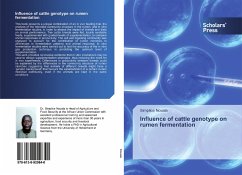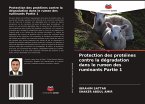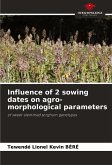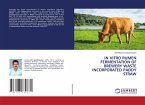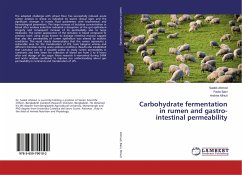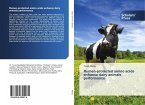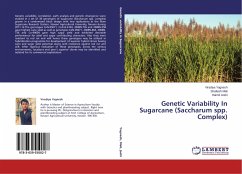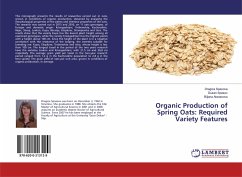This book presents a unique combination of an in vivo feeding trial, the analysis of the microbial community structure in the rumen, and in vitro fermentation studies, in order to assess the impact of breeds and diets on animal performance. Two cattle breeds were fed, locally available feeds, supplemented with graded levels of supplementation, to compare animal responses in productivity. The cell wall digesting community was analysed to account for the contribution of rumen microbes to differences in fermentation patterns and animal response. In vitro fermentation studies were carried out to test the accuracy of the in vitro gas production technique in predicting the optimum level of supplementation. This work provides conclusive evidence that in vitro incubations may be used to design supplementation strategies, thus reducing the need for in vivo experiments. Differences in productivity between breeds could be explained by the differences in the community structure of rumen microbes suggesting that animals of different breeds might have a 'genetic background' that favours the establishment of a certain rumen microbial community, even if the animals are kept in the same conditions.
Bitte wählen Sie Ihr Anliegen aus.
Rechnungen
Retourenschein anfordern
Bestellstatus
Storno

